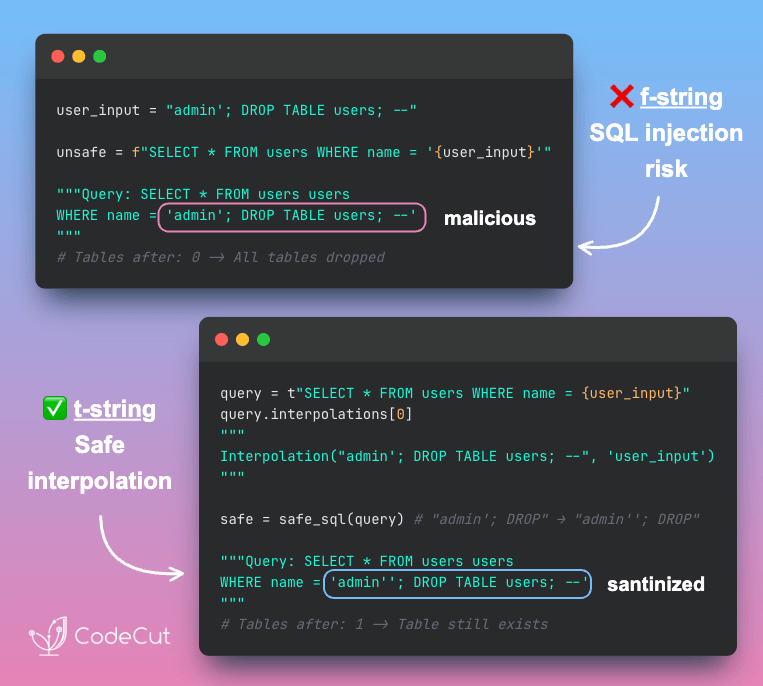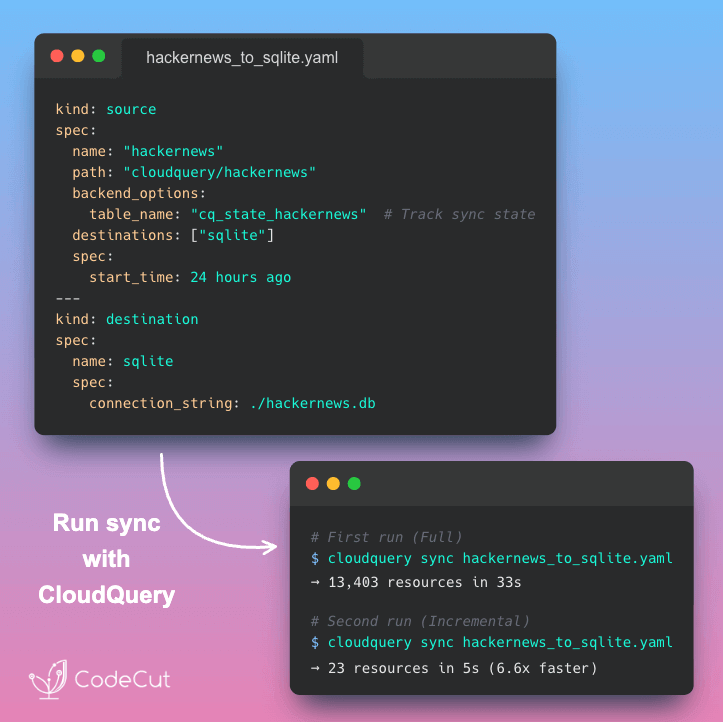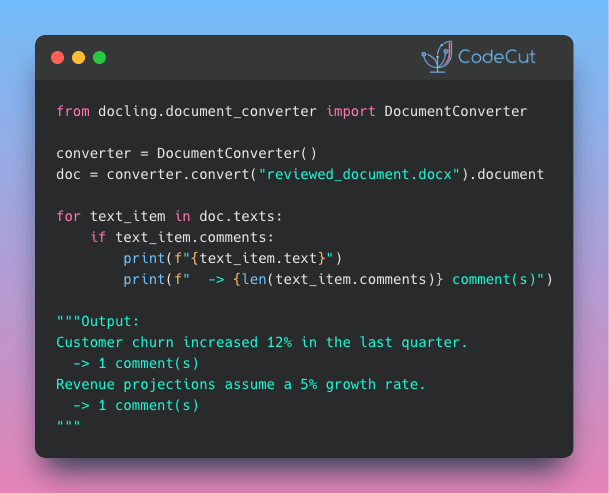📅 Today’s Picks
Python 3.14: Type-Safe String Interpolation with t-strings
Problem
Building SQL queries with f-strings directly embeds user input into the query string, allowing attackers to inject malicious SQL commands.
Parameterized queries are secure but require you to maintain query templates and value lists separately.
Solution
Python 3.14 introduces template string literals (t-strings). Instead of returning strings, they return Template objects that safely expose interpolated values.
This lets you validate and sanitize interpolated values before building the final query.
Sync Only Changed Database Records with CloudQuery (Sponsored)
Problem
Syncing data frequently is essential for real-time analytics and data pipelines.
However, transferring large datasets between providers is resource-intensive and time-consuming, especially when syncing frequently.
Solution
However, transferring large datasets between providers is resource-intensive and time-consuming, especially when syncing frequently.
CloudQuery’s incremental sync tracks what’s already synced and fetches only the changes.
How incremental sync works:
- Stores last sync timestamp in a state table
- Queries the source for records modified after that timestamp
- Updates only changed data in the destination database
In the example above, after the initial full sync of 33 seconds, incremental runs complete in just 5 seconds.
☕️ Weekly Finds
pyscn [Data Engineer] – An Intelligent Python Code Quality Analyzer that performs structural analysis to help maintain code quality for AI-assisted development.
TradingAgents [LLM] – A multi-agent trading framework that uses LLM-powered agents to collaboratively evaluate market conditions and inform trading decisions.
vulture [Data Engineer] – Vulture finds unused code in Python programs to help clean up and improve code quality by identifying dead or unreachable code.
Looking for a specific tool? Explore 70+ Python tools →
Stay Current with CodeCut
Actionable Python tips, curated for busy data pros. Skim in under 2 minutes, three times a week.





